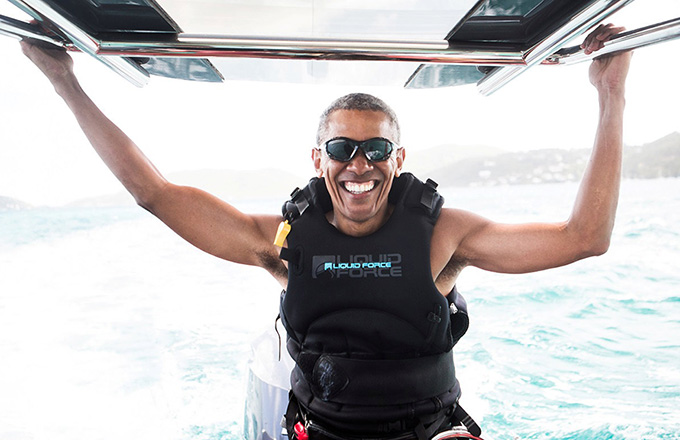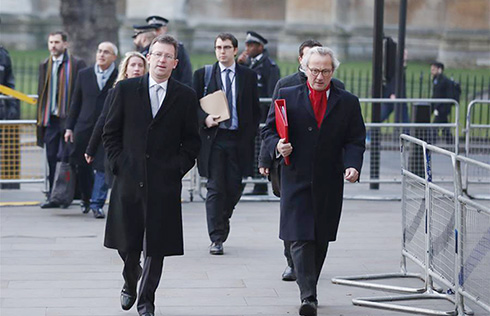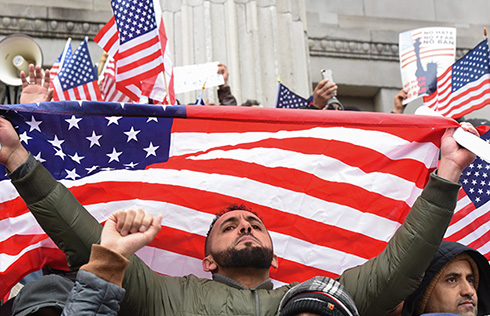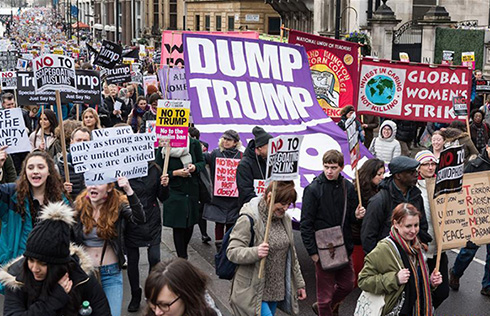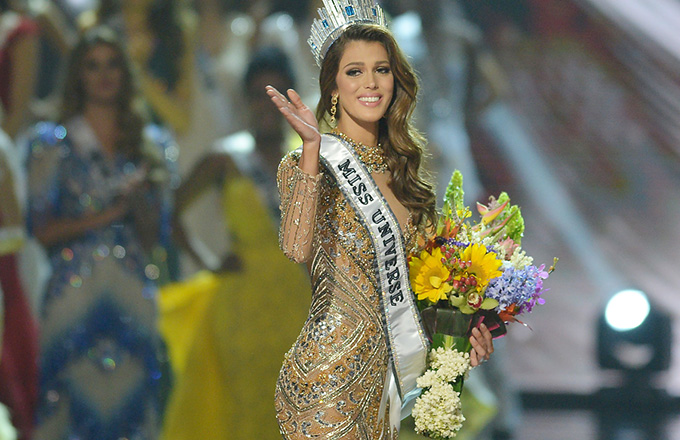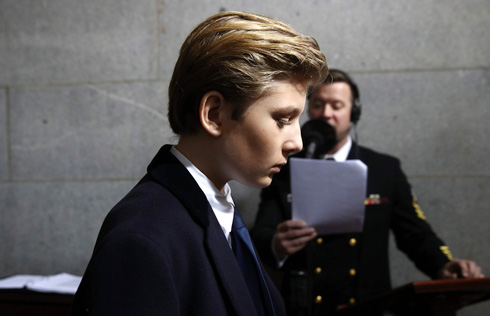French presidential election 2017: Macron or Le Pen?
Thomas Guenole, a political scientist and professor at Sciences Po University, agreed.
"The only one scenario in which Le Pen could likely win the presidential election is if she faces an unpopular candidate from the right or the left in the second round, which is very unlikely," said Guenole.
In 144 "commitments" unveiled on Saturday, Le Pen pledged to slash migration, repatriate all illegal immigrants and impose taxes on the job contracts of foreigners.
Macron promised to further reduce France's high employment charges and increase workers' minimum wage. He also wants to raise taxes on consumption and wealthy pensioners.
Macron also promised to boost the defense budget, hire 10,000 more police officers and raise funding for schools.
"We can no longer defend a political system whose practices weaken democracy," he told supporters at the weekend in Lyon.
The pro-business contender joined the Socialist government in August 2014 as economy minister. Two years later, he quit his post to focus on his presidential campaign.
Macron, an advisor to current President Francois Hollande during his election campaign, was one of the authors of a flagship blueprint for the revival of growth and employment in France.
The disgraced Fillon appealed to voters on Wednesday via a newspaper column to back his campaign.
"It's for you and only you to decide," Fillon wrote. "Nothing will divert me from the real aim of my presidential campaign: to get France back on its feet and bring the French together."
The Republican candidate has pledged tough cuts in public spending.
Since the scandal emerged that his wife was receiving hefty salaries for an alleged job she did not do, Fillon's campaign has lost steam. Opinion polls show that he is unlikely to reach a second round run-off.
However, the 62-year-old ex-prime minister has expressed fierce determination to stick to his presidential bid.
"I am the only candidate which can bring about a national recovery," he told reporters.





